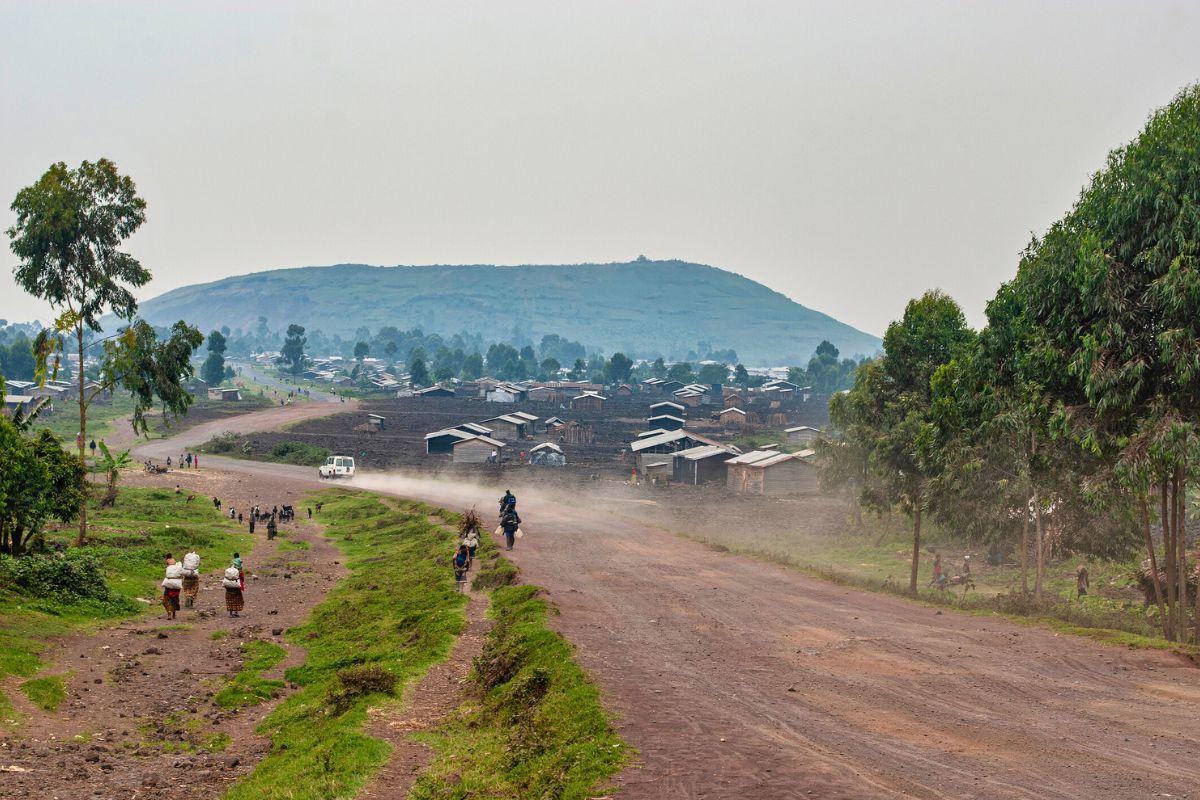The U.S. Department of State has elevated its travel advisory for the Democratic Republic of the Congo (DRC) to Level 4: Do Not Travel. This highest-level warning highlights the severe risks travelers face in the region and comes with a stark message. U.S. citizens should not venture into the DRC due to a combination of armed conflict, crime, civil unrest, kidnapping, and terrorism.
The State Department ordered the departure of non-emergency U.S. government employees and all eligible family members from the DRC. This move, implemented on January 28, 2025, reduces the U.S. government’s ability to provide emergency consular services to its citizens, especially outside the capital city of Kinshasa. The limited capacity for assistance and the country’s poor infrastructure and volatile security conditions leave American travelers particularly vulnerable.
Escalating Conflict In Eastern Democratic Republic Of The Congo
Recent developments have only served to intensify the already precarious situation. According to a CNN report from February 4, 2025, a rebel coalition known as the Alliance Fleuve Congo (AFC), which includes the notorious M23 armed group, has called for an immediate humanitarian ceasefire. This call comes after a week of intense fighting that has left hundreds dead and thousands injured in the eastern city of Goma, the capital of North Kivu province.
The DRC government and much of the international community accused neighboring Rwanda of backing the M23 rebels, a claim that adds a layer of geopolitical tension to the conflict. UN experts estimate that thousands of Rwandan soldiers supported M23 fighters in eastern DRC. However, Rwandan President Paul Kagame denied knowledge of his country’s troops in the region.
The conflict has taken a heavy toll on civilians, with the United Nations reporting the recovery of at least 900 bodies from the streets of Goma and recording around 2,880 injuries since the end of January. The healthcare system is overwhelmed, with facilities facing critical shortages of medicine and equipment.
Advice For Travelers
For those who, despite the warnings, decide to travel to the DRC, the State Department offers several crucial recommendations:
- Avoid demonstrations and exercise caution when moving about.
- Always carry copies of your U.S. passport and DRC visa, keeping the originals in a secure location.
- Enroll in the Smart Traveler Enrollment Program (STEP) to receive alerts and facilitate location in case of emergency.
- Purchase comprehensive travel insurance that includes evacuation assistance, medical coverage, and trip cancellation.
- Review the Country Security Report for the DRC and prepare a contingency plan for emergencies.





